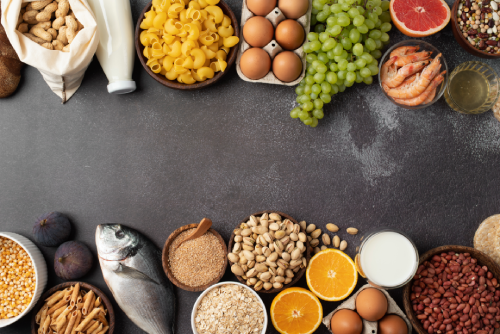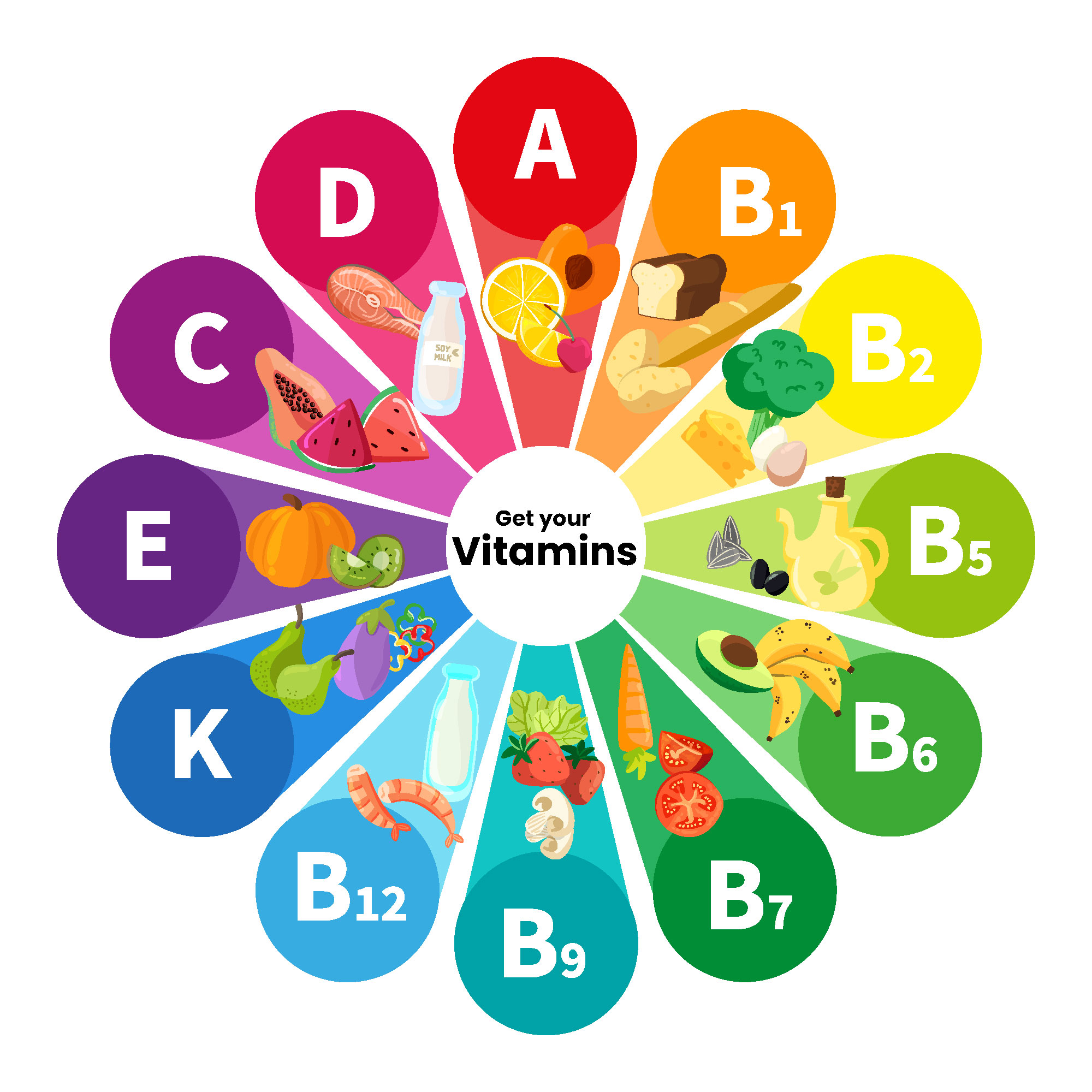Content
ToggleThe Importance of Protein and Fiber in Your Diet
Wondering how much protein and fiber you should consume daily? The ideal amount of protein for adults ranges from 0.8g to 1.2g per kilogram of body weight. Meanwhile, the recommended daily intake of fiber is approximately 25g. Additionally, it’s important to drink plenty of water and vary your sources of protein and fiber for a balanced diet.
Do you feel like you eat well but are still constantly hungry? To increase your sense of satiety, it’s crucial to avoid a diet predominantly made up of carbohydrates (like bread, potatoes, and pasta) and instead include more sources of proteins and fibers in your meals.
PROTEINS
The amount of protein an adult should consume is around 0.8 to 1.2 grams per kilogram of body weight per day.
For example, an individual weighing 60 kilograms aims to consume 1.0g of protein per kg of body weight, meaning they need 60g of protein daily. To achieve this, they must choose protein-rich foods and understand the amount contained in each serving.
- Chicken or Fish: A 100g portion contains 20g of protein.
- Egg: Contains 6 to 7g of protein.
- Yogurt: A 150g serving has 10g of protein.
To boost your intake of animal protein, focus on consuming more foods like meats, milk, yogurts, cheeses and eggs. Plant-based proteins can be found in legumes and grains. Foods like nuts and almonds are also excellent sources of plant protein and healthy fats, helping to control appetite.
FIBERS
Fiber is essential for normal bowel function, maintaining a healthy gut microbiota (the collection of beneficial bacteria in the intestines), moderating sugar and fat absorption, and producing short-chain fatty acids, which are crucial energy sources for intestinal cells known as enterocytes.
The ideal fiber intake for adults is around 25 grams per day. This target can be met by choosing fiber-rich foods and knowing the fiber content in each serving or by reading food labels.
Whole grains, legumes, and seeds are the food groups with the highest fiber content. However, fiber is also found in fruits, vegetables, and legumes. Here are some fiber-rich foods along with their fiber content per serving:
- Oats: 10g of bran contains 1.5g of fiber; 10g of rolled oats has 1g; and 10g of oat flour contains 0.72g of fiber.
- Roasted Almonds: 100g contains 11.06g of fiber.
- Pumpkin Seeds: A 100g portion has 18g of fiber.
- Chickpeas: 100g contains 12.4g of fiber.
- Chia Seeds: 1 tablespoon has about 5g of fiber.
- Apple with Skin: One apple contains approximately 4g of fiber.
- Quinoa: 100g has 2.8g of fiber.
- Plum: 100g contains 2.43g of fiber.
- Tangerine: 100g contains 3.7g of fiber.
- Kiwi: 100g contains 2.92g of fiber.
- Pineapple: 100g contains 3.36g of fiber.
- Persimmon: 100g contains 4.56g of fiber.
When increasing fiber intake, it’s also important to drink more water throughout the day. Varying your protein and fiber sources between plant and animal foods ensures comprehensive nutrition.
Paying attention to protein and fiber intake is crucial for various reasons; primarily because carbohydrates alone do not provide a balanced diet. Carbohydrates are digested more quickly, and slight changes in meals can adjust the digestion time of foods.
Listening to Your Body
It is also important to foster a connection with physical feelings of hunger and satiety so that everyone can tailor their choices according to their individual needs. By maintaining a balanced intake of protein and fiber, you can enhance your well-being and manage your appetite more effectively.
Conclusion
In conclusion, ensuring adequate daily protein and fiber intake is essential for maintaining overall health and preventing hunger.
By understanding how much of these nutrients you need and incorporating a variety of sources into your diet, you can improve satiety and support your body’s needs. Remember to drink water and pay attention to how your body communicates its hunger and



